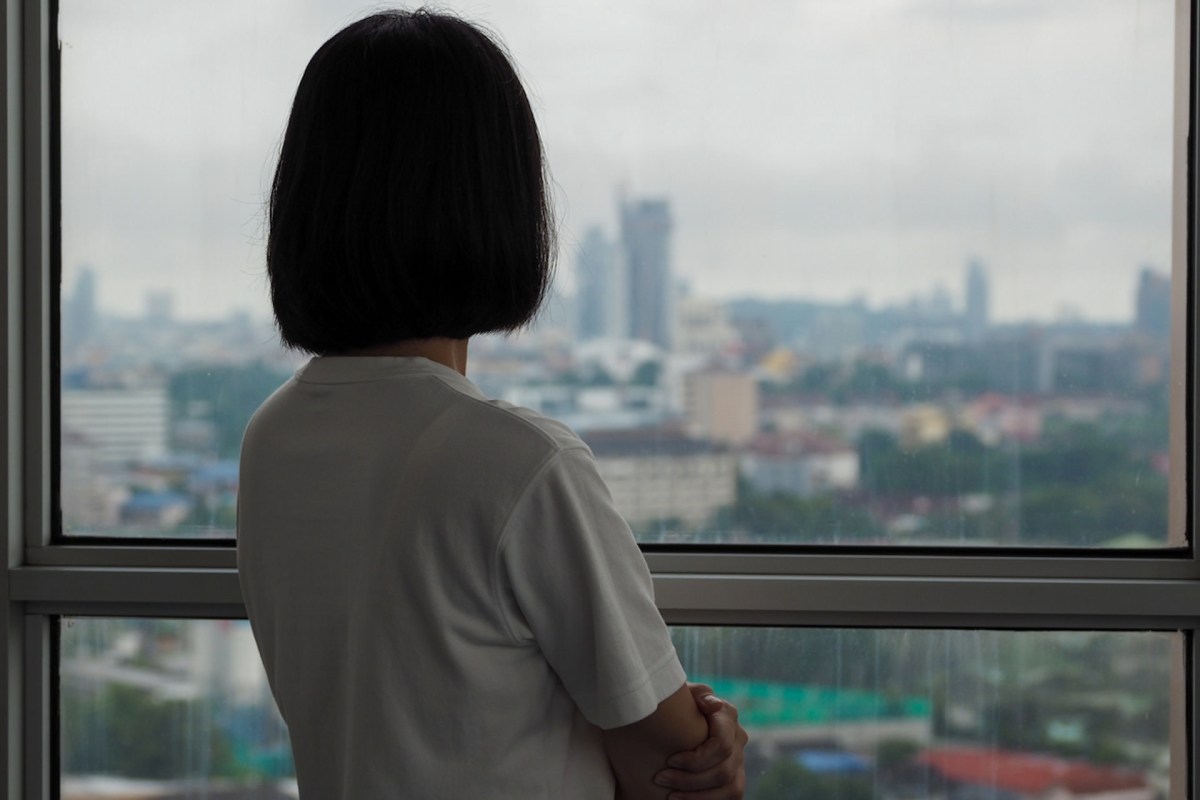A new study by Emory University shows a direct link between wildfires and an increase in visits to hospital emergency departments because of mental health issues, especially anxiety disorders. The study, published in Nature Mental Health, is one of the largest such studies ever conducted.
What's happening?
Researchers analyzed nearly 1.9 million emergency department visits in five states in the western United States (California, Arizona, Nevada, Utah, and Oregon) along with satellite data from 2007 to 2018. They found that mental health-related visits to emergency departments rose by 6.3% when wildfires were in the area.
What the researchers found coincides with the worst period of wildfires in the nation's history.
The Environmental Protection Agency relayed data from the National Interagency Fire Center showing the 10 years in which the most land in this country burned because of wildfires have occurred since 2004. It's no coincidence that this also coincides with some of the hottest years ever recorded worldwide.
Yang Liu, who co-authored the study, said of the findings, "The scary thing about climate change is it doesn't have a clear boundary; you fear a lot about the unknown."
Why is this important?
This study shows just one example of how extreme weather events brought about by the warming of the planet can negatively affect mental health.
Rural Americans are especially susceptible to anxiety and other issues caused by wildfires, as many of them rely on the land for their livelihoods.
A pediatric psychiatrist recently took to TikTok to explain how extreme heat can exacerbate mental health conditions, as well as physical conditions for those on certain prescription drugs.
A recent study even showed that the mental health of children can be affected, even if they don't witness extreme weather events firsthand. They experience it by picking up on what their parents are going through.
What can be done to help?
According to the National Park Service, a huge majority of wildfires are started by humans who act irresponsibly. So, for starters, don't leave a campfire unattended, and make sure it's completely snuffed out before walking away. And for smokers, don't flick your lit cigarette and assume it's going to go out.
On a larger scale, everyone can help stop the warming of the planet by making simple changes like walking or biking if not going too far or unplugging devices at home when they're not being used.
Join our free newsletter for weekly updates on the coolest innovations improving our lives and saving our planet.









